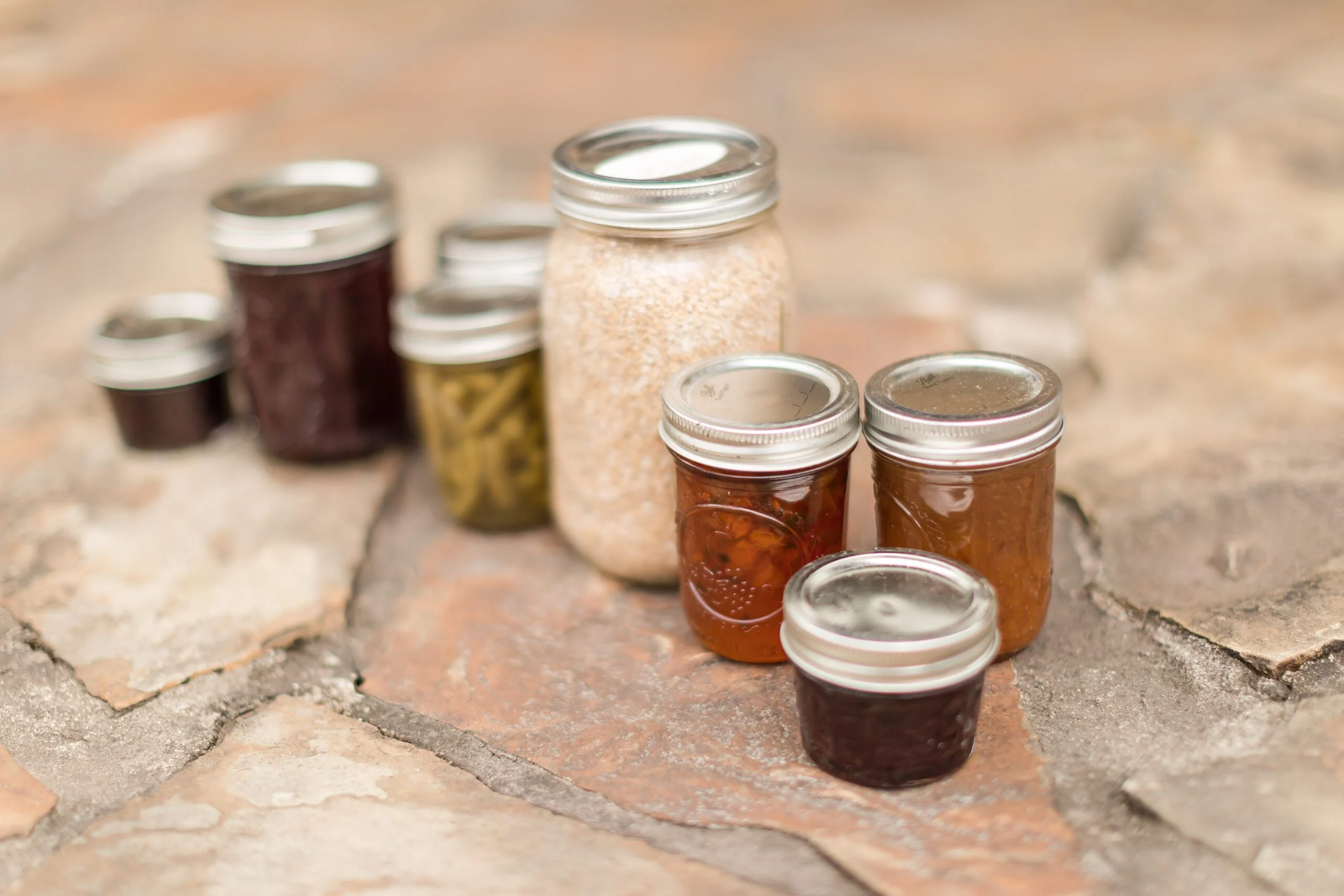In prolonged emergencies, managing your food supply effectively is crucial for sustaining health and energy. This guide provides a step-by-step approach to rationing food during extended crises.
Step 1: Assess Your Current Food Inventory
Begin by taking stock of all available food items. Categorize them into:
- Perishables: Fresh fruits, vegetables, dairy, and meats.
- Semi-perishables: Bread, cooked grains, and leftovers.
- Non-perishables: Canned goods, dried beans, rice, pasta, and freeze-dried meals.
Document quantities and expiration dates to prioritize consumption.
Step 2: Prioritize Consumption Based on Shelf Life
Consume perishable items first to prevent spoilage. Follow with semi-perishables, and reserve non-perishables for later stages. This approach minimizes waste and ensures a steady food supply.
Step 3: Calculate Daily Caloric Needs
Determine the caloric requirements for each household member:
- Adults: Approximately 2,000–2,500 calories per day.
- Children: Varies by age; consult pediatric guidelines.
- Pregnant or nursing women: Additional 300–500 calories per day.
Adjust portions to meet these needs while conserving food.
Step 4: Develop a Meal Plan
Create a meal schedule that balances nutrition and variety:
- Breakfast: Oatmeal with dried fruits.
- Lunch: Canned tuna with crackers.
- Dinner: Rice and beans with canned vegetables.
Rotate meals to prevent monotony and ensure nutrient intake.
Step 5: Implement Portion Control
Use measuring tools to serve consistent portions:
- Grains: ½ cup per serving.
- Proteins: 3 ounces per serving.
- Vegetables: 1 cup per serving.
This practice helps in monitoring consumption and extending food supplies.
Step 6: Monitor and Adjust
Regularly review your food inventory and consumption rates. Adjust meal plans and portions as necessary to accommodate changes in supply or household needs.
Additional Tips
- Hydration: Ensure access to clean drinking water; store at least one gallon per person per day.
- Cooking Methods: Utilize fuel-efficient cooking techniques to conserve resources.
- Food Safety: Store food in cool, dry places to prevent spoilage.
By following these steps, you can effectively manage your food resources during extended emergencies, ensuring the well-being of all household members.






